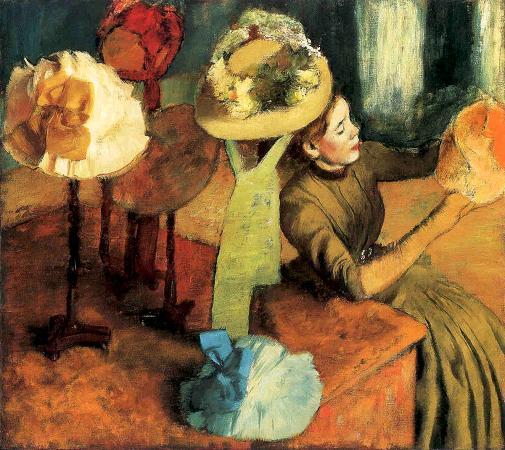Retail Store. Retail is the sale of goods and services to consumers, in contrast to wholesaling, which is sale to business or institutional customers. A retailer purchases goods in large quantities from manufacturers, directly or through a wholesaler, and then sells in smaller quantities to consumers for a profit. Retailers are the final link in the supply chain from producers to consumers. Retail markets and shops have a very ancient history, dating back to antiquity. Some of the earliest retailers were itinerant peddlers. Over the centuries, retail shops were transformed from little more than rude booths to the sophisticated shopping malls of the modern era. In the digital age, an increasing number of retailers are seeking to reach broader markets by selling through multiple channels, including both bricks and mortar and online retailing. Digital technologies are also affecting the way that consumers pay for goods and services. Retailing support services may also include the provision of credit, delivery services, advisory services, stylist services and a range of other supporting services. Most modern retailers typically make a variety of strategic level decisions including the type of store, the market to be served, the optimal product assortment, customer service, supporting services, and the store's overall market positioning. Once the strategic retail plan is in place, retailers devise the retail mix which includes product, price, place, promotion, personnel, and presentation. The word retail comes from the Old French verb tailler, meaning to cut off, clip, pare, divide in terms of tailoring. It was first recorded as a noun in 1433 with the meaning of a sale in small quantities from the Middle French verb retailler meaning a piece cut off, shred, scrap, paring. At the present, the meaning of the word retail refers to the sale of small quantities of items to consumers. Retail refers to the activity of selling goods or services directly to consumers or end-users. Some retailers may sell to business customers, and such sales are termed non-retail activity. In some jurisdictions or regions, legal definitions of retail specify that at least 80 percent of sales activity must be to end-users. Retailing often occurs in retail stores or service establishments, but may also occur through direct selling such as through vending machines, door-to-door sales or electronic channels.Although the idea of retail is often associated with the purchase of goods, the term may be applied to service providers that sell to consumers. Retail service providers include retail banking, tourism, insurance, private healthcare, private education, private security firms, legal firms, publishers, public transport, and others. For example, a tourism provider might have a retail division that books travel and accommodation for consumers plus a wholesale division that purchases blocks of accommodation, hospitality, transport, and sightseeing which are subsequently packaged into a holiday tour for sale to retail travel agents. Some retailers badge their stores as wholesale outlets offering wholesale prices. While this practice may encourage consumers to imagine that they have access to lower prices, while being prepared to trade-off reduced prices for cramped in-store environments, in a strictly legal sense, a store that sells the majority of its merchandise direct to consumers, is defined as a retailer rather than a wholesaler. Different jurisdictions set parameters for the ratio of consumer to business sales that define a retail business. Main article: History of retail Retail markets have existed since ancient times. Archaeological evidence for trade, probably involving barter systems, dates back more than 10,000 years. As civilizations grew, barter was replaced with retail trade involving coinage. Selling and buying are thought to have emerged in Asia Minor in around the 7th-millennium BCE. In ancient Greece, markets operated within the agora, an open space where, on market days, goods were displayed on mats or temporary stalls. In ancient Rome, trade took place in the forum. The Roman forum was arguably the earliest example of a permanent retail shop-front. Recent research suggests that China exhibited a rich history of early retail systems. From as early as 200 BCE, Chinese packaging and branding were used to signal family, place names and product quality, and the use of government imposed product branding was used between 600 and 900 CE.
more...













